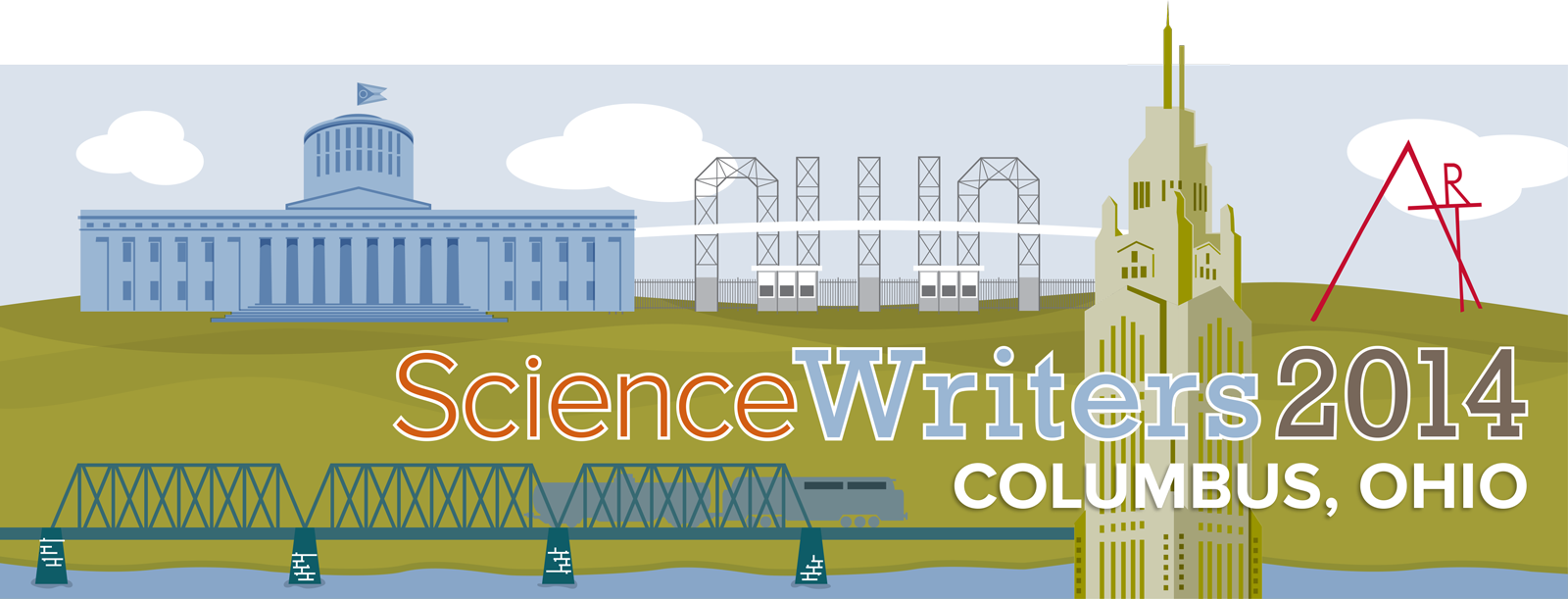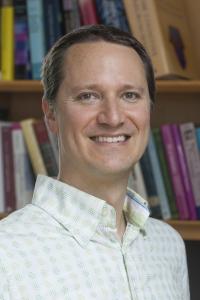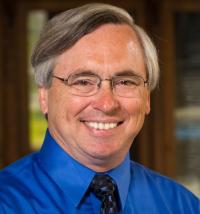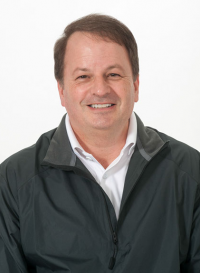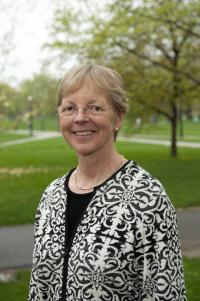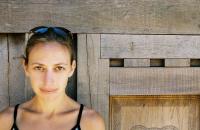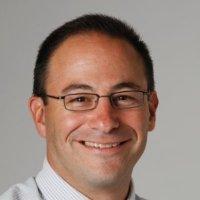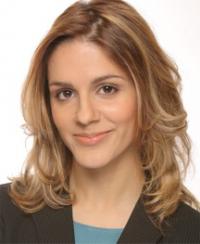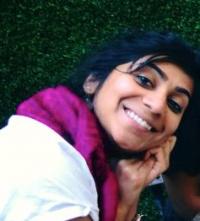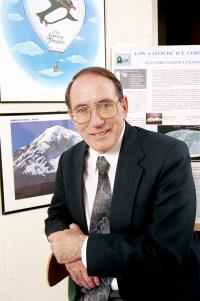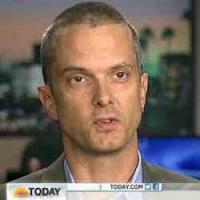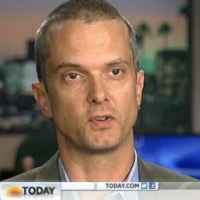Nancy Shute is an award-winning science journalist in print, digital and broadcast, and a lecturer and trainer in science writing and multimedia journalism. She is a past president of the National Association of Science Writers, the world’s largest science journalism organization.
Nancy is co-host of NPR’s health blog, Shots, and also contributes news coverage and radio features to NPR’s All Things Considered and Morning Edition. She writes for national publications including National Geographic and Scientific American. While serving as assistant managing editor at U.S. News & World Report, she led the magazine’s coverage of science and technology. As a senior writer for U.S. News, she led group investigations and reporting projects, and authored dozens of cover stories.
Shute trains journalists and scientists in the uses of social media and other new media technologies, and teaches science writing at Johns Hopkins University’s Advanced Academic Programs. She has been a science writer in residence at the University of Wisconsin, and guest lecturer at major universities, including Columbia, NYU, the University of Maryland, Georgetown, and the University of California-Santa Cruz.
While president of NASW, Nancy led efforts to co-host the 2011 World Conference of Science Journalism in Doha, Qatar, where the majority of the 800 attendees came from the developing world. She also led NASW initiatives to strengthen ties with science writers in Latin America, and to increase multimedia training opportunities for NASW members.
She lectures and leads training sessions at scientific and educational societies including the World Federation of Science Journalists, NASW, the American Association for the Advancement of Science, the American Chemical Society, the American Psychological Association, and the National Academies of Science, Norge-Confex, the Inter-American National Academies of Science, the World Conference of Science Journalists, and Technion-Israel Institute of Technology.
Her work has appeared in many other publications, including the New York Times, Washington Post, Smithsonian, New Republic, Harper’s, Outside, and National Review. Shute graduated from Washington University in St. Louis with a bachelor’s in English literature and received a master’s from Yale Law School. As a Fulbright Scholar, she founded the first bilingual independent newspaper in Kamchatka, Russia. In 2010 she was a Knight Foundation fellow in entrepreneurial journalism.
